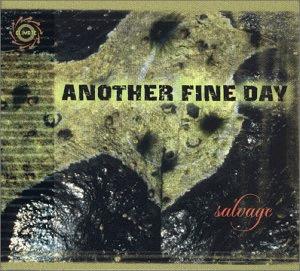
| Artist: | Another Fine Day |
| Title: | Salvage |
| Released: | 2000.08.22 |
| Label: | Six Degrees Records |
| Time: | 53:18 |
| Producer(s): | Tom Green |
| Appears with: | |
| Category: | Jazz |
| Rating: | *******... (7/10) |
| Media type: | CD |
| Purchase date: | 2002.07.08 |
| Price in €: | 7,00 |
| Web address: | www.anotherfineday.co.uk |